Protect individual liberties, ensure fairness and equity, combat oppression.
“The arc of the moral universe is long, but it bends toward justice.” — Martin Luther King, Jr.
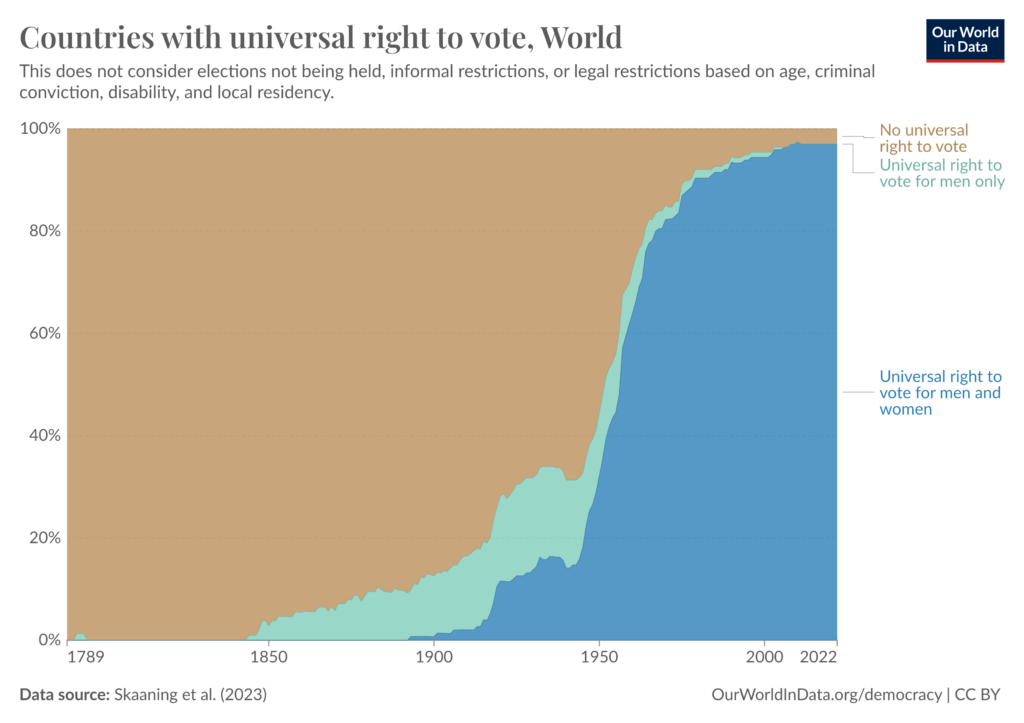
As we approach a world of 10 billion people, protecting and strengthening justice, institutions and universal human rights becomes increasingly crucial. A free, just, and equitable society is fundamental to solving our global challenges and ensuring a thriving future for all.
The State of Justice and Human Rights
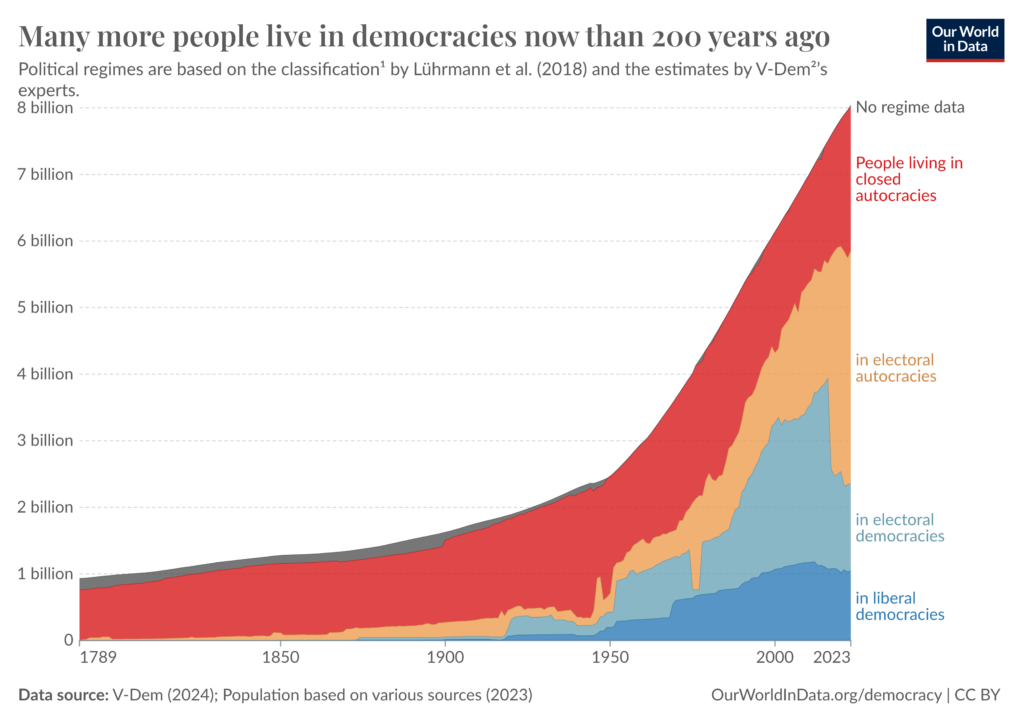
- Over half of the world’s population lives in some form of democracy, but rising totalitarianism threatens these freedoms in various regions.
- Democratic backsliding is occurring in various regions
- Human rights violations persist globally, with minorities often disproportionately affected
- New challenges emerge with technological advancements, global crises, and the rise of digital surveillance tools that can enable totalitarian control.
Why It Matters
Strong justice and respect for human rights are essential for:
- Peaceful conflict resolution
- Economic prosperity and innovation
- Social progress and equality
- Environmental stewardship
- Global cooperation on shared challenges
Key Challenges
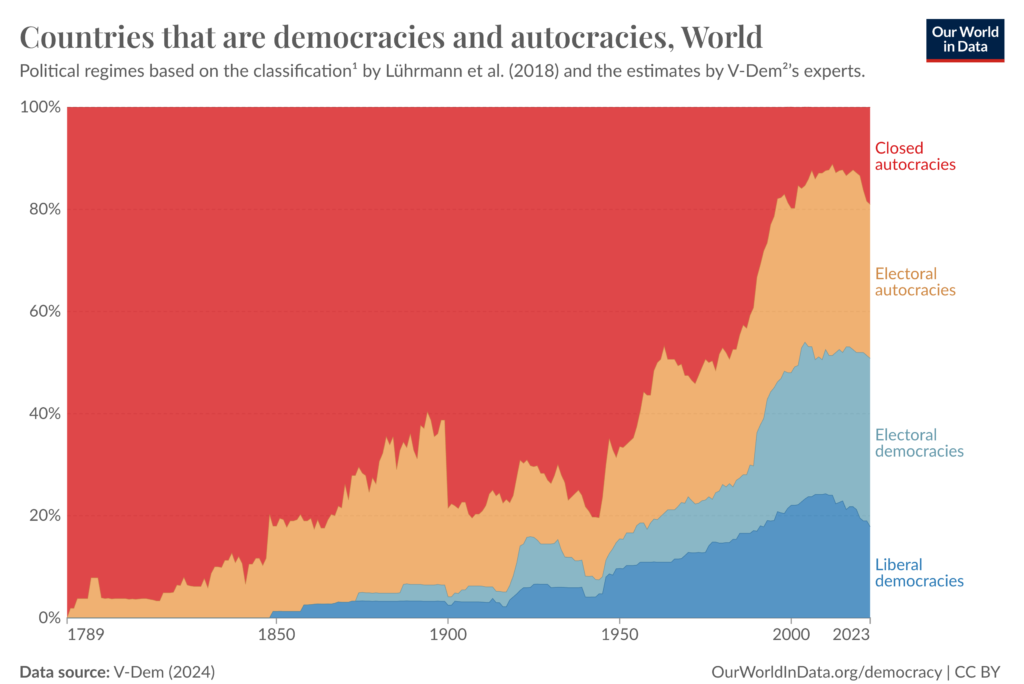
- Erosion of Democratic Institutions
• Weakening of checks and balances in governance
• Attacks on free press and civil society
• Electoral manipulation and voter suppression - Digital Threats to Democracy, Justice, and Human Rights
• Misinformation and disinformation campaigns
• Cyber attacks on electoral systems
• Online harassment of activists and journalists - Human Rights Violations
• Persecution of minorities and vulnerable groups
• Restrictions on freedom of expression and assembly
• Arbitrary detention and torture - Economic Inequality
• Concentration of wealth and power
• Limited access to education and healthcare
• Unequal representation in political processes - Global Power Shifts
• Rise of authoritarian and totalitarian models of governance, including the use of technology to suppress freedoms and control populations
• Weakening of international human rights mechanisms, which could allow totalitarian regimes to flourish unchecked
• Challenges to the rules-based international order
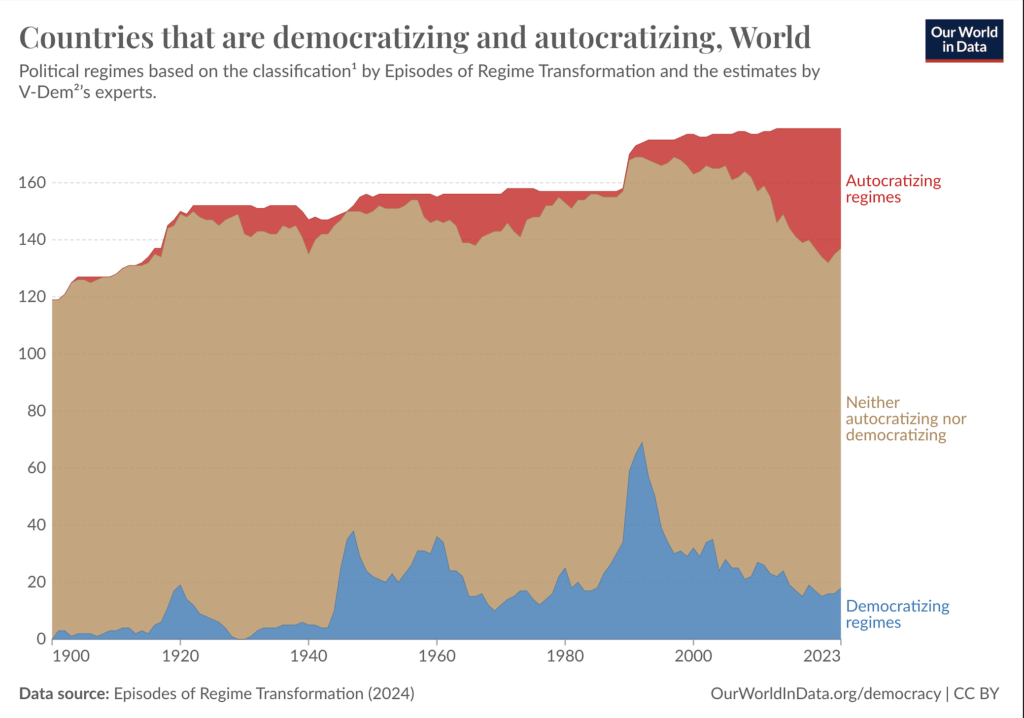
Strengthening Justice and Human Rights
- Empower Civil Society and Communities
• Support grassroots justice and human rights organizations
• Protect space for civil society to operate freely
• Foster youth engagement in democratic processes and social progress - Enhance Democratic Institutions Protecting Rights
• Strengthen independent judiciaries and fair electoral bodies
• Promote transparency and accountability in governance
• Support anti-corruption initiatives - Safeguard Digital Democracy, Digital Rights and Prevent Totalitarian Control
• Combat online misinformation, hate speech, and the use of digital tools for surveillance that could lead to totalitarian control
• Protect privacy and data rights, ensuring that digital tools do not become instruments of oppression
• Promote digital literacy, critical thinking, and awareness of the risks posed by technologies that can be misused by authoritarian regimes - Advance Economic Democracy
• Promote inclusive economic policies
• Support workers’ rights and fair labor practices
• Encourage corporate social responsibility - Protect Vulnerable Groups
• Advocate for minority rights and inclusion
• Combat discrimination and promote equality
• Support refugees and displaced persons - Strengthen International Cooperation
• Reinforce international human rights mechanisms
• Promote democracy in global governance
• Support peaceful conflict resolution
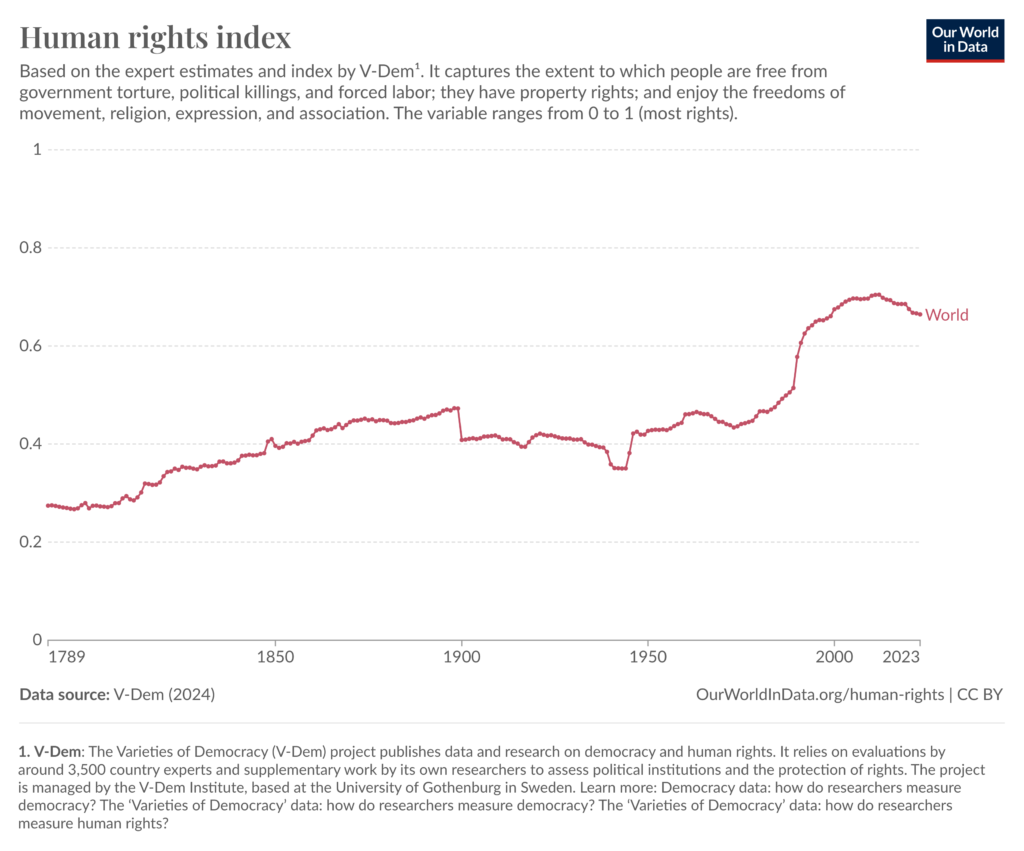
Innovation for Justice and Human Rights
Technology can be a powerful tool for strengthening justice and protecting human rights, but it also carries risks if misused by authoritarian or totalitarian regimes:
- Blockchain for transparent elections and governance
- AI for detecting human rights violations, but with safeguards to prevent its misuse for surveillance and control by authoritarian states
- Social media for amplifying marginalized voices
- Open data initiatives for government accountability
- E-governance for improved citizen participation
Education: The Foundation of Justice and Human Rights
Promoting values for justice and human rights education is crucial:
- Integrate civic education in school curricula
- Support adult education on democratic processes
- Promote media literacy to combat misinformation
- Encourage critical thinking and open dialogue
The Role of Individuals
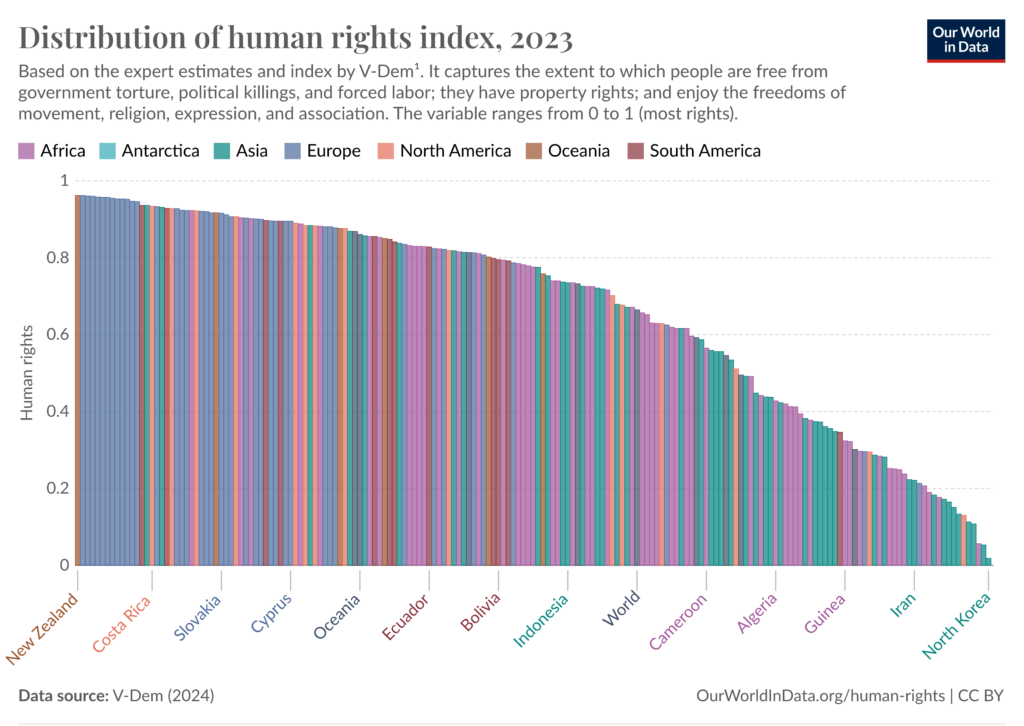
Everyone has a part to play in safeguarding justice and human rights:
- Stay informed and engage in civic processes
- Vote and encourage others to do so
- Stand up against discrimination and injustice
- Support independent journalism, fact-checking initiatives, and media literacy
- Donate to or volunteer with justice and human rights organizations
Building a Just World for 10 Billion
As we work towards a world of 10 billion people, safeguarding justice and human rights is not just a moral imperative—it’s essential for our collective prosperity, security, and well-being, especially in the face of rising totalitarian threats. By strengthening institutions for justice, protecting human rights, and fostering a culture of civic engagement, we can create a world where every individual has the opportunity to thrive.
The challenges are significant, but so is our capacity for positive change. Throughout history, brave individuals and movements have expanded the circle of human rights and deepened democratic practices. Now it’s our turn to carry this legacy forward.
Join us in building a world where justice prevails, human rights are universally respected, and all 10 billion of us have a voice in shaping our shared future. Together, we can create a more just, equitable, and free world for generations to come.